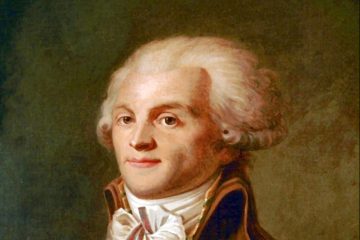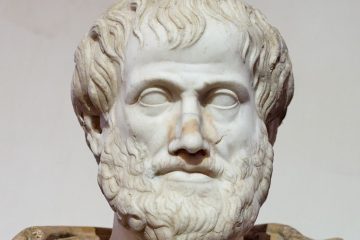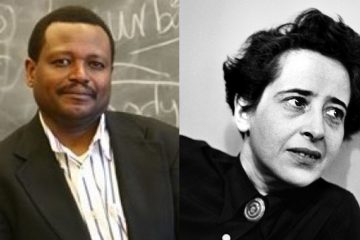This post is a roughly transcribed version of the parts I found important for my own learning of Kathrin Lockl and Wolfgang Schneider’s paper, “Knowledge About the Mind: Links Between Theory of Mind and Later Metamemory”, in Child Development (2007). Like all my posts, this is intended just for me, but if it is helpful for anyone else, that would of course make me happy 🙂
"Knowledge About the Mind: Links Between Theory of Mind and Later Metamemory"
Kathrin Lockl and Wolfgang Schneider (University of Würzburg)
This longitudinal study of children at ages 3, 4, and 5 years old aims to show that there is a connection between early theory of mind and later developments in metamemory.
Points of interest to me:
History:
Empirical research literatures before this paper (2007) on theory of mind and metacognition–they claim–have been relatively separated from each other (with the exception of Kuhn 1999, 2000) despite sharing the same general objective, i.e. children’s knowledge about and understanding of mental phenomena.
Thus:
This paper’s main goal–they claim–“is to combine both research traditions” and “report on a longitudinal study that investigated the relationship between children’s theory-of-mind competencies and their subsequent metamemory performance, while simultaneously taking into account the possible mediating role of language development.
They suggest:
A sequence of developmental steps in the growing understanding of memory processes and contents that looks like these steps:
- “children may need a concept of knowledge, that is, they have to understand that knowledge states depend on informative experience (see Welch-Ross, 2000)”
- “after having acquired this concept, children may begin to gain a fuller understanding of specific mnemonic conceptions that might become apparent in their growing understanding of mental verbs such as “remember” or “forget” (Wellman & Johnson, 1979).”
- [3rd or simultaneously] “as children acquire a conception of their own and others’ memories, they might also gain a deeper understanding of how their memory works and which variables influence memory performance, for instance, that it is harder to remember many items than to remember just a few items”
Lockl & Schneider (2007) is focused on step 3.
Step 1-related things:
Classic False Belief Contents Task: “Children are asked what another child will think about the contents of a box when the other child has access only to the misleading exterior of the box.”
(Is it Classic?) False Belief Transfer Task: “requires the child to appreciate that the actor does not have informational access tot he fact that the object was moved to a different location.”
Core ability: metarepresentation. i.e. to understand that people represent the world in their minds (Perner 1991). Happens usually around the age of 4! (Gopnik & Astington, 1988; Hogrefe, Wimmer, & Perner, 1986; Wimmer & Hartl, 1991; Wimmer & Perner, 1983).
Step 2-related things:
Core ability: understand mnemonic conceptions. around the age of 4, kids can differentiate verbs ‘remember’ and ‘forget’ and 5-7 year old kids understand implications of previous knowledge (Wellman and Johnson, 1979).
Role of Language: Competencies in theory-of-mind and metamemory research depend on language abilities.
Some studies have found that language competence predicted theory-of-mind development but not the other way round. (Astington & Jenkins, 1999; de Villiers & Pyers, 2002; Ruffman, Slade, Rowlandson, Rumsey, & Garnham, 2003; Clements, Rustin, & McCallum, 2000; Hale & Tager-Flusberg, 2003; Lohmann & Tomasello, 2003).
Language seems to be important for theory-of-mind development because it allows for the representation of false beliefs (Astington & Jenkins, 1999).
However, “children’s ability to attribute second-order beliefs develops noticeably later than does their ability to attribute first-order beliefs (Hogrefe et al., 1986; Perner & Wimmer, 1985; Sullivan, Zaitchik, & Tager-Flusberg, 1994).”
Lockl & Schneider “suggest that language is fundamental for children’s ability to deal with both first-order and second-order belief tasks, but for somewhat different reasons.”
- First order-belief tasks: language necessary because “it supports the child to understand belief representation”
- Second order-belief tasks: language necessary because a good deal of information processing is required”
The actual study:
Lockl & Schneider “examined children yearly from age 3 to 5, because theory-of-mind research has shown that children first become capable of attributing mental states like belief between the ages of 3 and 5 and previous studies on metamemory development have indicated that metamemory cannot be reliably assessed until the age of about 4 – 5 years (Kreutzer et al., 1975; Wellman, 1977). Metamemory measures were included only at the last time of testing, that is, at the age of 5 years.”
[Note:] I can come up with no good to explain why they didn’t do metamemory measures at age 4.
T = 1, age 3 yrs old [mean, 3 yrs. 4 mos.]
n=183 (92 boys, 91 girls) 18 separate kindergartens in Würyburg
3 theory of mind tasks:
- False belief contents (Smarties box containing a pen, soap-bubble box containing candies, cd box containing a piece of chewing gum)
- False belief transfer (Where will Maxi look for the chocolate?)
- Appearance-reality (Candle that looks like an apple)
T = 2, age 4 yrs old
n=176
3 theory of mind tasks:
- False belief contents
- False belief transfer
- Appearance-reality
T = 3, age 5 yrs old
n=170
3 theory of mind tasks:
- False belief contents
- Second-order beliefs (Surprise birthday puppy)
- Second-order beliefs (Location of a ball)
Language test: Sprachentwicklungstest für Kinder
Theory of Mind Results
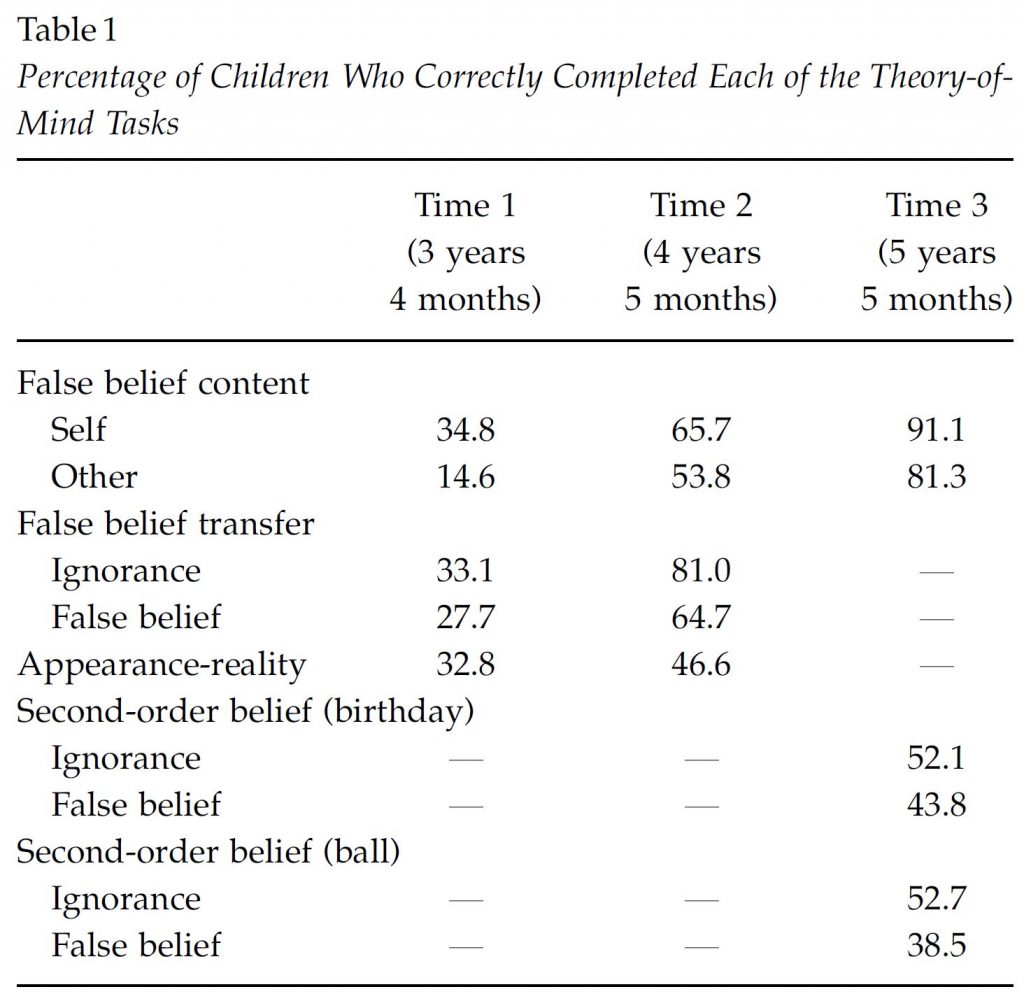
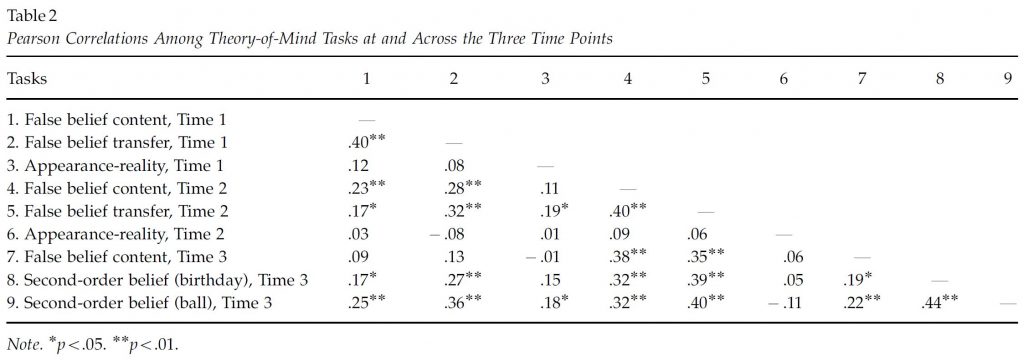
Metamemory at T=3 Results
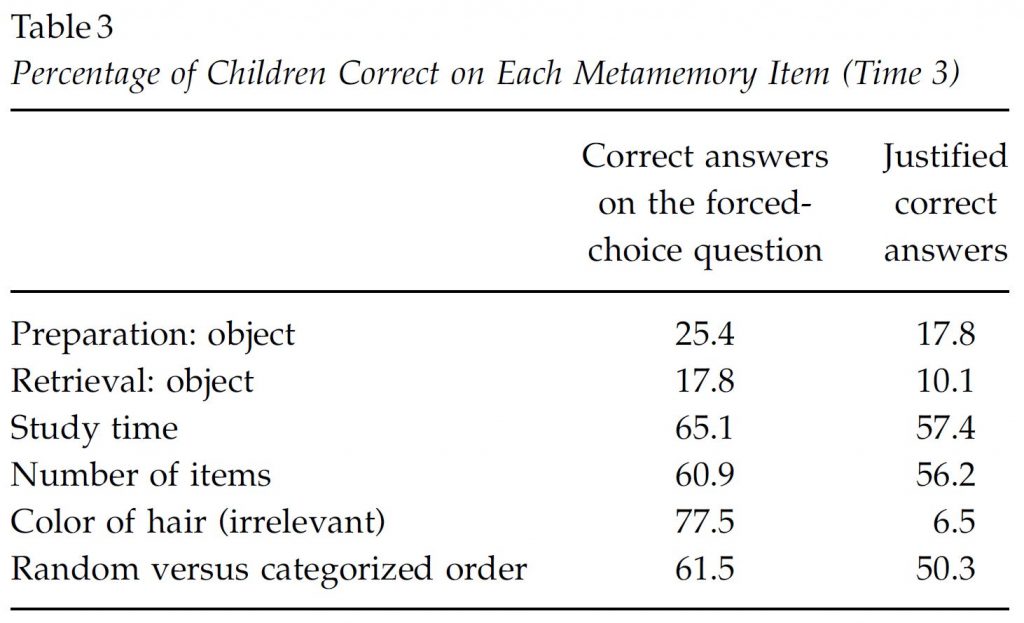
Stats
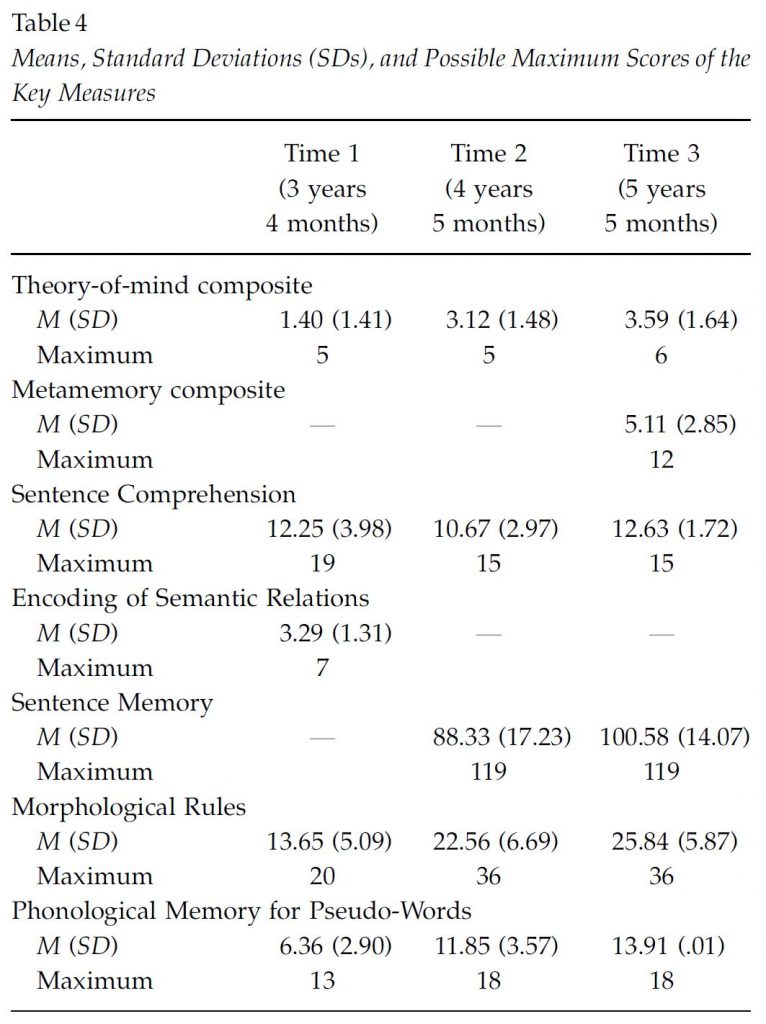
Relations between Theory of Mind, Metamemory, and Language

Basically Lockl & Schneider fail to demonstrate any causal direction, but do demonstrate substantial relationship between theory of mind, metamemory, and langauge. But like, no duh.
Relation between Theory of Mind and Language Over Time: The data suggest that the impact of language on theory of mind relies mainly on the contributions of the subtests Sentence Comprehension, Morphological Rules, and Sentence Memory.
Summary Table of Data
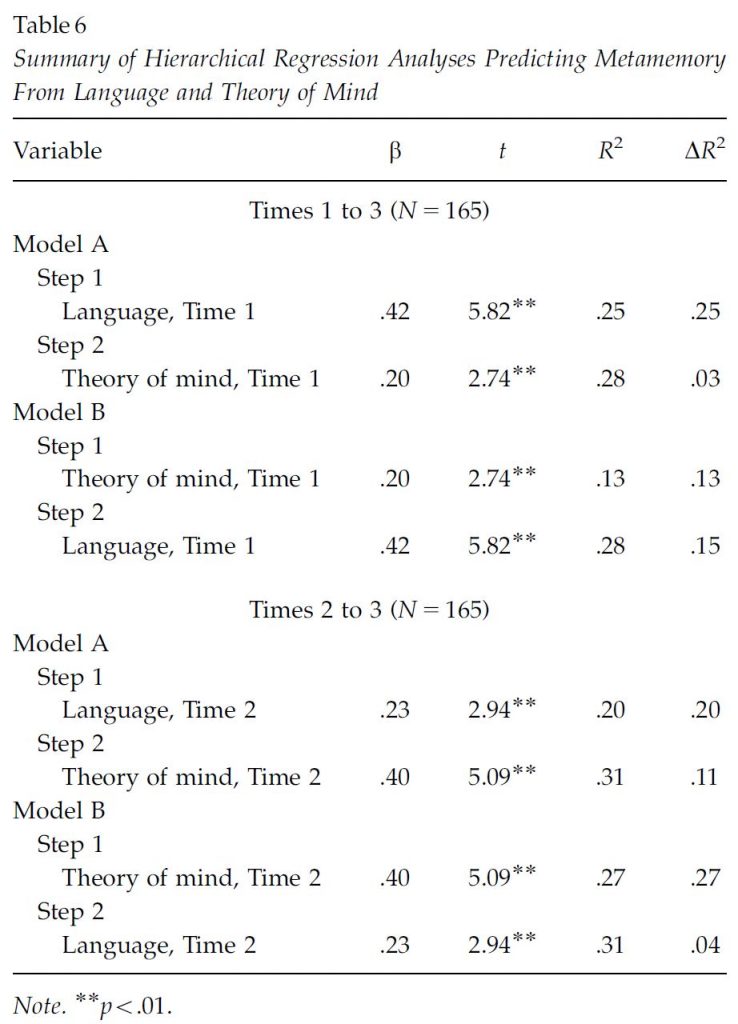
Basically, Lockl & Schneider want to assert that “there is clear evidence that both language and theory of mind made independent contributions to the prediction of metamemory. When theory-of-mind performance was directly compared with language competence, language tended to be the better predictor at Time 1, whereas the opposite was true at Time 2. At this time point, theory of mind accounted for more variance than did language competence. In order to investigate which specific aspects of language were important for the prediction of metamemory, similar analyses were carried out using the scores of individual subtests on language development. That is, theory-of-mind performance was entered as step 1, and scores on individual subtests were added as step 2.
When predicting from Times 1 to 3, it was found that the subtest Sentence Comprehension was the only significant predictor of later metamemory, b5.25; po.05, after having accounted for theory-of-mind performance at Time 1, b5.19; po.05. The b weights of the other language subtests were lower and nonsignificant for Morphological Rules, Phonological Memory for Pseudo-Words, and Encoding of Semantic Relations, respectively. When predicting from Times 2 to 3, again, theory-of-mind performance reliably predicted later metamemory scores, b5.39; po.001, but none of the individual subtests on language development reached significance (all ps4.05).”
What did this paper add to the literature? demonstrating the close relationship of language to theory of mind longitudinally not just cross-sectionally as there was before.
Language affecting theory of mind was already accepted though, this study claims to have added evidence for theory of mind affecting language development.
This study also claims to have demonstrated language & metamemory relationship, i.e. language affects development of metamemory, in particular, in the following 2 ways:
- “there seemed to be an indirect influence that was mediated by children’s early theory of mind competencies.” basically: language thus theory of mind, theory of mind thus metamemory, thus, language thus metamemory.
- “langauge had a direct impact on children’s metamemory”.
But honestly I’m really not convinced. They also qualify their statements a lot. It doesn’t seem at all airtight. I have no idea why they didn’t test for metamemory earlier (of course I understand that previous studies demonstrated that metamemory doesn’t develop so early, but they should have done age 4 to have a comparison point, even still) and only have one data point when the whole point of their study is having something longitudinal… I don’t understand why some third factor that would successfully measure intelligence wouldn’t be a better predicting factor for language, theory of mind and metamemory in various degrees. It seems to me rather obvious that these factors would all be self-reinforcing mechanisms for higher cognitive levels.
